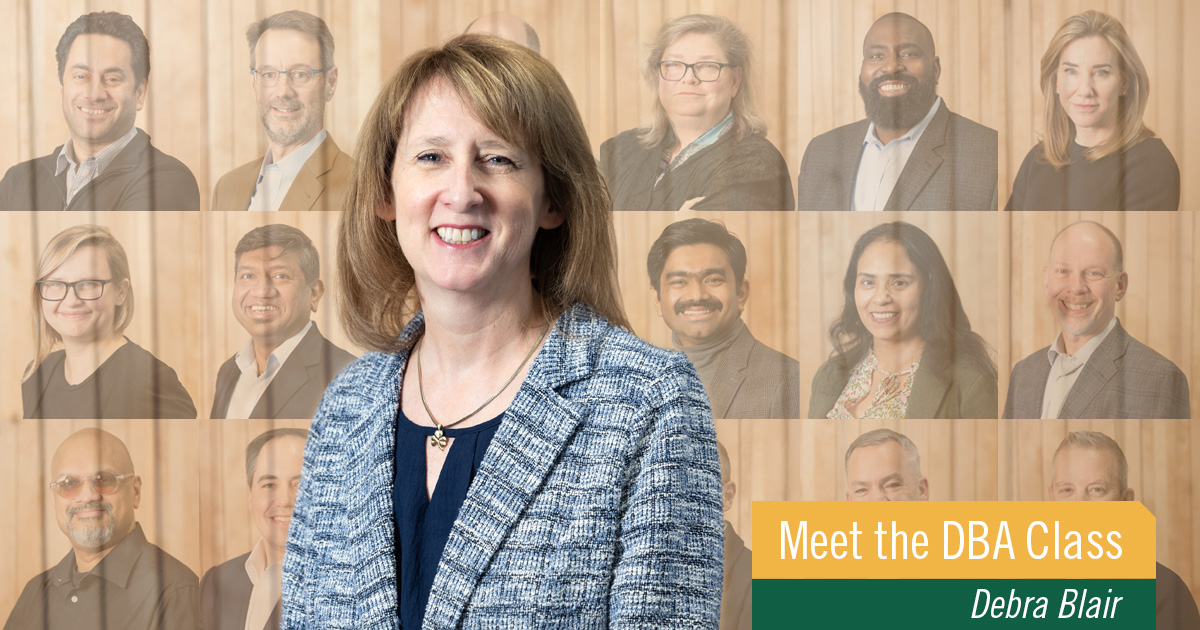Researching Crowdfunding? Start Here.

Crowdfunding, a term we often see nowadays in the business headlines, is the use of the Internet to raise capital by way of small investments from a large number of investors. Since the inception of the crowdfunding model, billions have flowed into new ventures—representing what many have noted to be a “global phenomenon,” a “boom,” and a “revolution.”
Though it remains difficult to accurately predict the long-term implications of crowdfunding, it is likely to become a permanent fixture in the entrepreneurial landscape. Take for example that one research firm noted that crowdfunding platforms raised nearly $3 billion in 2012 (an 81 percent increase), while projecting an increase in 2013 to $5.1 billion. Similarly, figures from the Fung Institute at UC Berkeley estimate the size of the crowdfunding market to be just under $4 billion.
It is not often that a new financing mechanism is introduced to the entrepreneurial ecosystem. It follows that such an introduction will produce a myriad of changes, and all of these changes represent opportunities for entrepreneurship educators—both in the classroom and in scholarship. Because the explanation of theory is often critical to advancing our students’ understanding, we discuss a set of theories that might assist in framing classroom discussion and engendering future research on equity crowdfunding.
Agency Theory
Agency theory is a well-established perspective that has played an important role in the venture financing context. Here, we have seen that various parties in an investment partnership often have misaligned goals and interests (i.e., utility maximizing tendencies), which produce a set of well-documented agency problems and conflicts between actors engaging in investment partnerships.
The application of agency theory to equity-based crowdfunding represents a fruitful approach to furthering our understanding. How do the goals of equity crowdfunders align with the entrepreneurs and other possible investors, and what mechanisms may assist in realizing alignment? How are the actions of the entrepreneur verified in the crowdfunding context? How can the entrepreneur’s utility maximizing behavior be monitored, and what mechanisms may assist in assuring the investors are protected against threats of opportunism? In addition, in order to raise capital from the crowd, entrepreneurs must make their idea and offering public—which, given the proprietary nature of many high-potential startups, raises a set of agency-related problems among constituents that is worth exploring.
Institutional Theory
Institutional theory has proven to be an important theoretical base in entrepreneurship—particularly in the venture-financing domain. This theory focuses on how the external environment influences the actions of actors, and how such actors deal with, or conform to, institutional pressures and gain legitimacy. By extension, we contend that educators and scholars of entrepreneurship may do well to apply institutional theoretic tenets to research on equity crowdfunding. What institutional pressures do entrepreneurs seeking equity crowdfunding face and how do they respond? How do entrepreneurs create ventures that are perceived as legitimate, and what is the connection between gaining legitimacy and successfully raising equity crowdfunding?
Theories of Cognitive Psychology
Applying theories of judgment and decision making also might offer some interesting insights to the domain of equity-based crowdfunding. A number of perspectives in this realm point out that decision makers are not entirely rational (i.e., plagued by various decision-making biases), and that decisions are typically made based on limited and incomplete information.
This means that in the venture investment context, decision makers also are impacted by such factors, therefore opening up another avenue to explore how decision makers operate in the realm of equity crowdfunding. For example, will crowdfunders be subjected to “following” effects that are well-documented in psychology, where they simply throw their money at investments that gain momentum? Will decision makers exhibit overconfidence or be heavily influenced by framing effects in terms of how the information about investment opportunities is presented, or framed? And, what cognitive shortcuts, or rules will crowdfunders employ in their search?
Other Miscellaneous Directions
One could investigate the role of the crowd in terms of venture selection. How does the crowd compare to the selection of formal venture capital or formal angel investors? Is the hit rate of successful companies higher, lower, or the same? Moreover, crowdfunders will tend to cluster toward the tangible businesses and industries they understand: namely, those that sell or serve the end consumer. This is because highly complex technologies and concepts are difficult for the average person to grasp. Will the introduction of equity-based investments lead to a shift in more sophisticated B2B investment opportunities, and what role will the platforms play in determining which ventures are ultimately given access to the crowd of equity investors?
Finally, the issue of valuation also is another important area to study. Crowdfunders may pay too much (i.e., allowing the entrepreneur to have a higher valuation), because they are less sophisticated than angels and venture capitalists and also suffer from greater information asymmetry (e.g., they have a higher cost of conducting due diligence). If the crowdfunders have given an overly favorable valuation, later stage, more sophisticated investors likely will cram down the crowdfunders leading to dramatic dilution. Such a scenario might subject the crowdfunders to block such efforts or engage in litigation. Thus, the role of valuation emerges as an interesting, and critical area for classroom discussion and inquiry.
Posted in Insights



